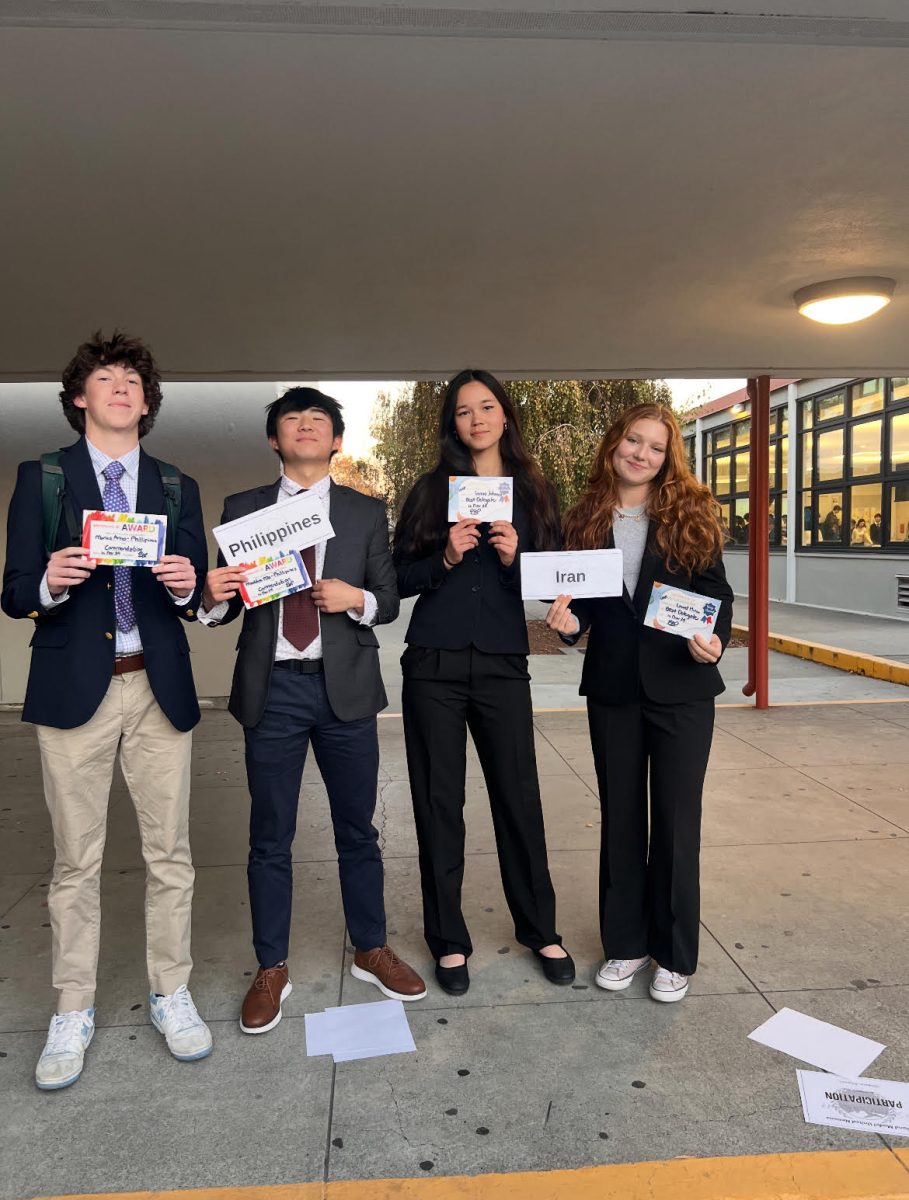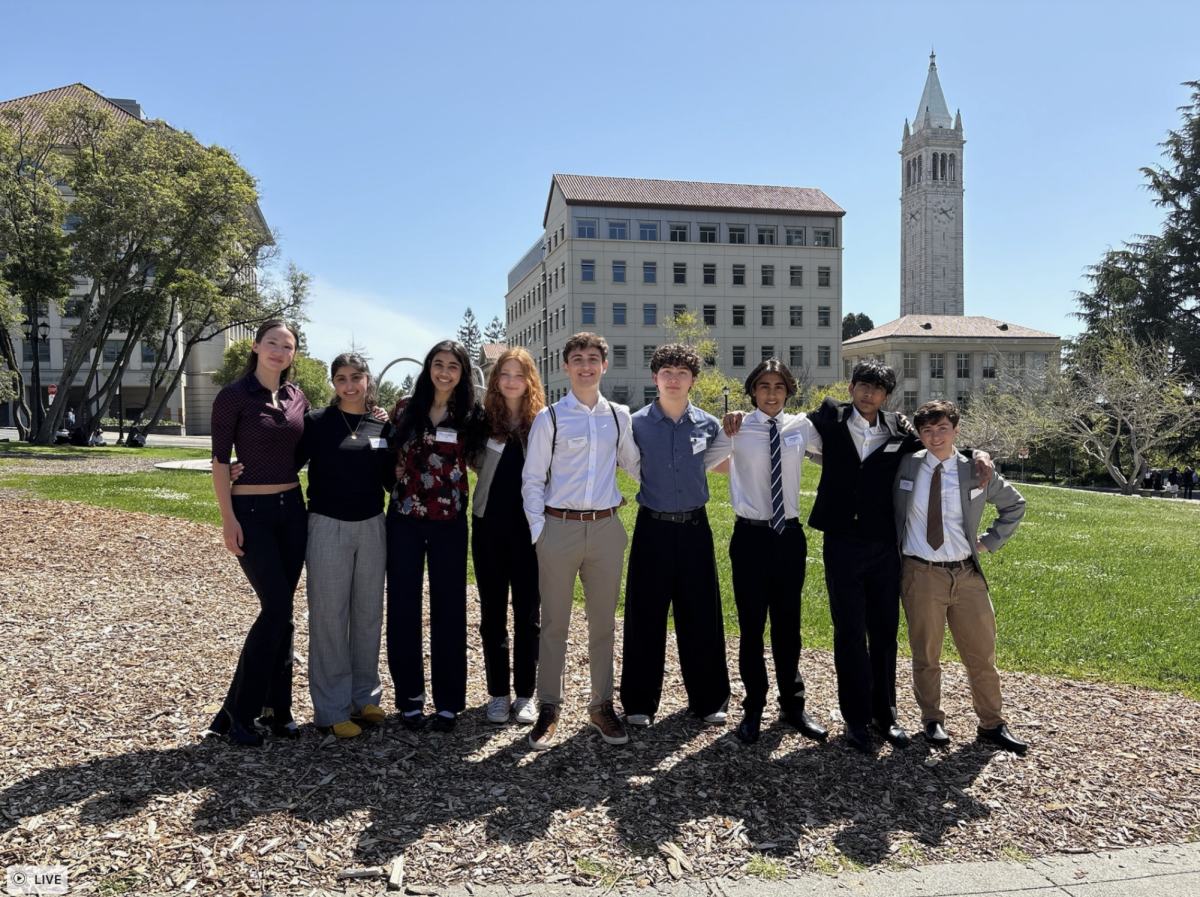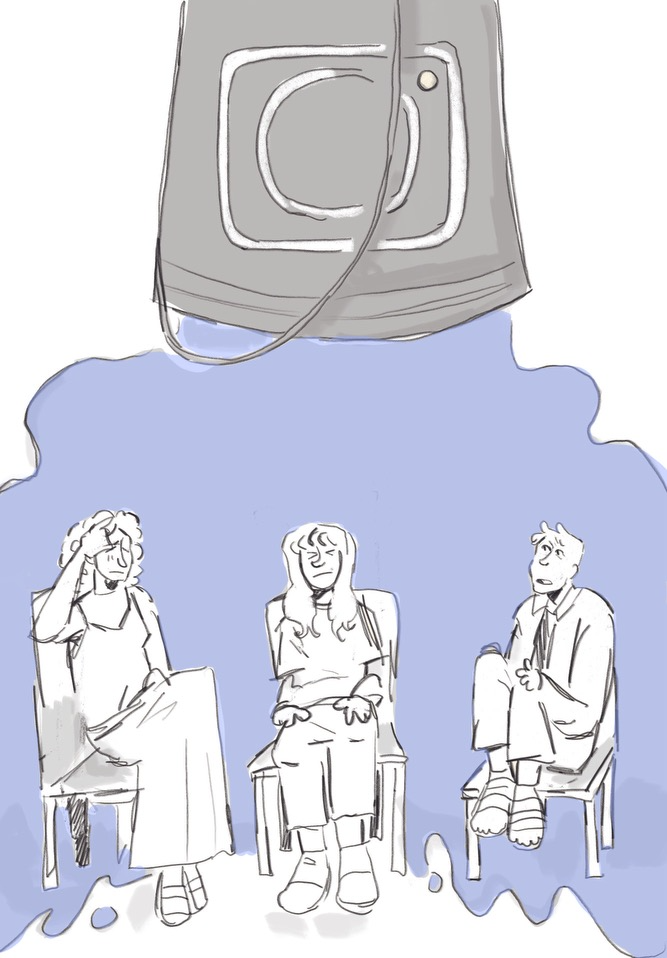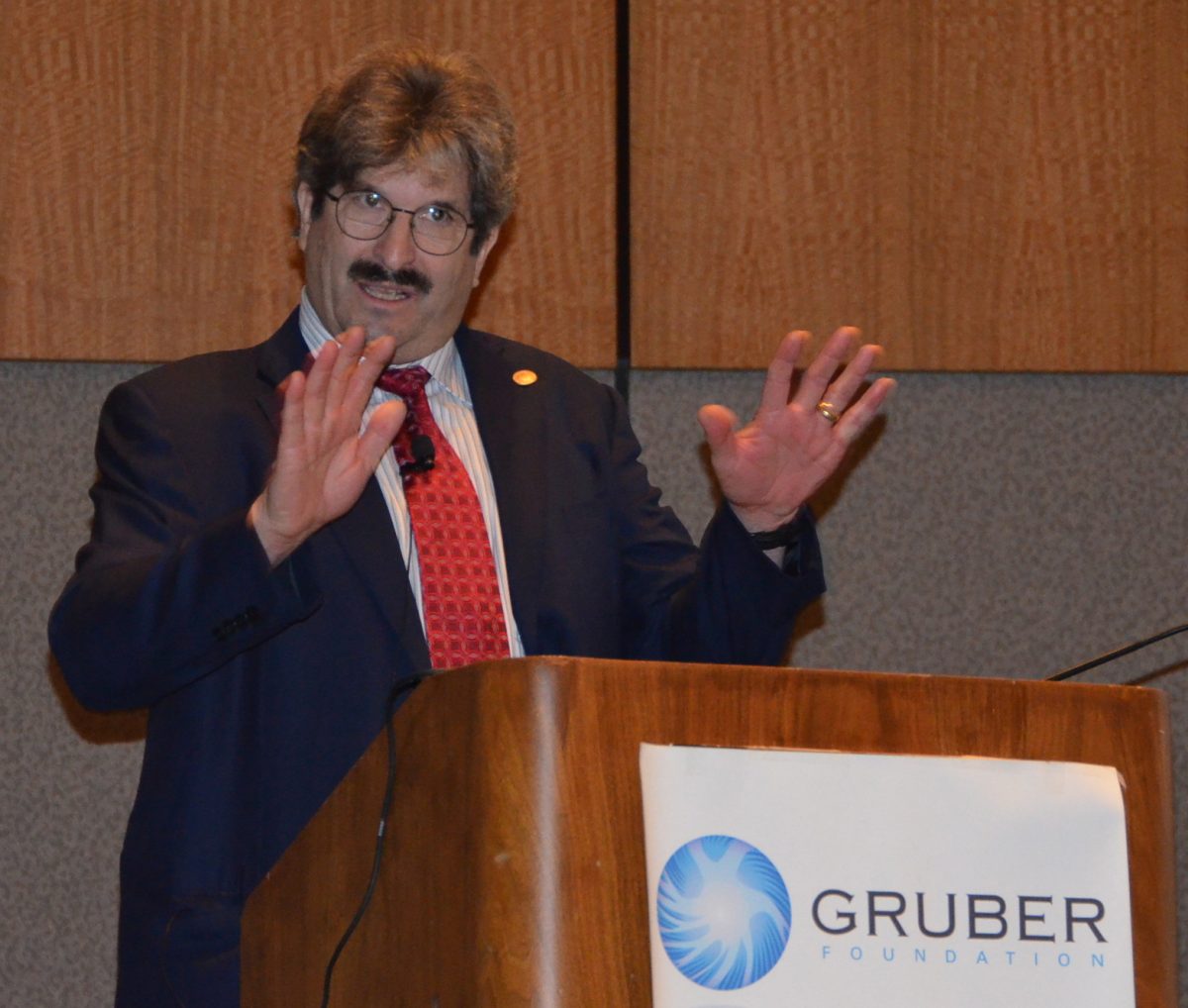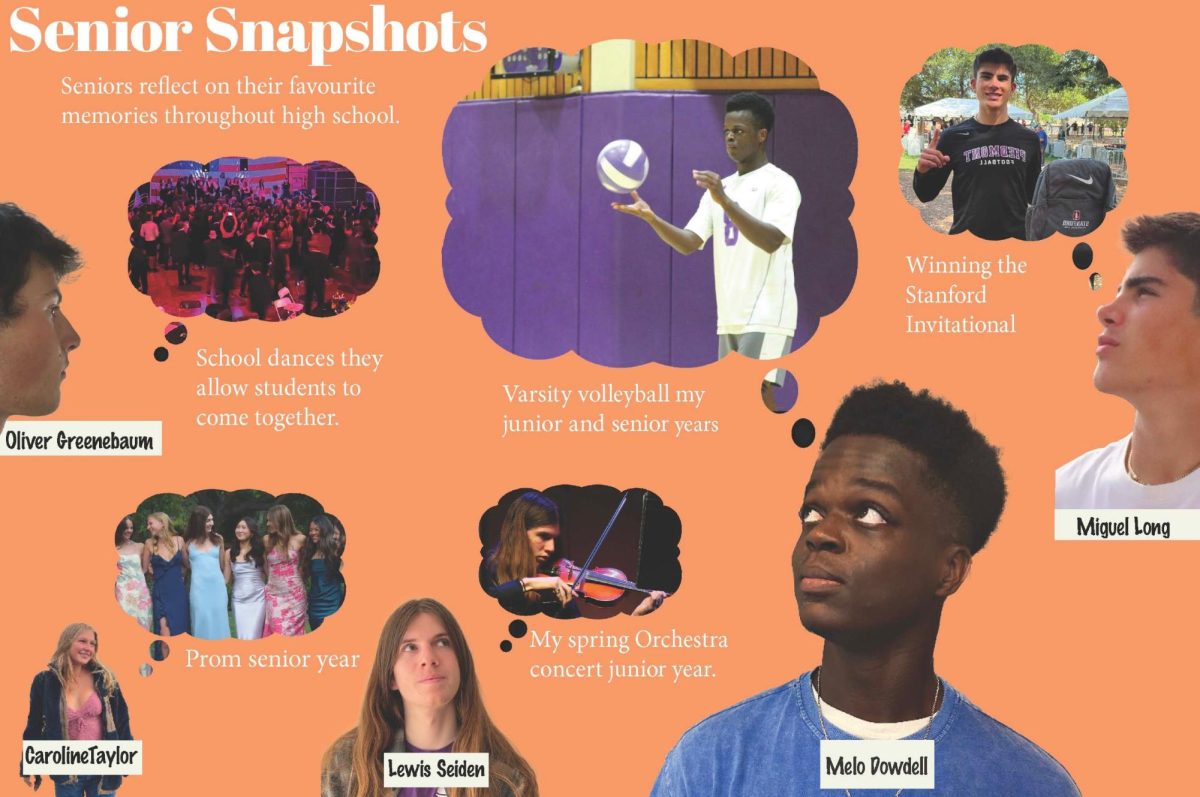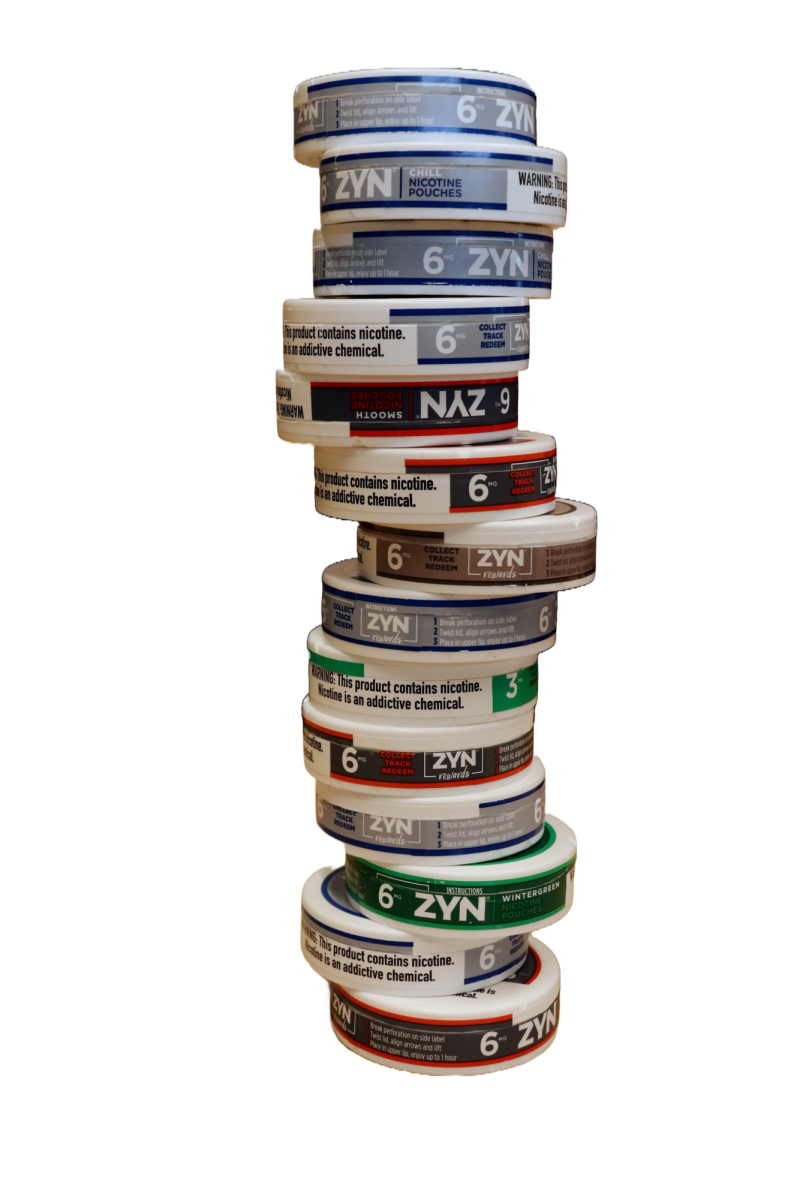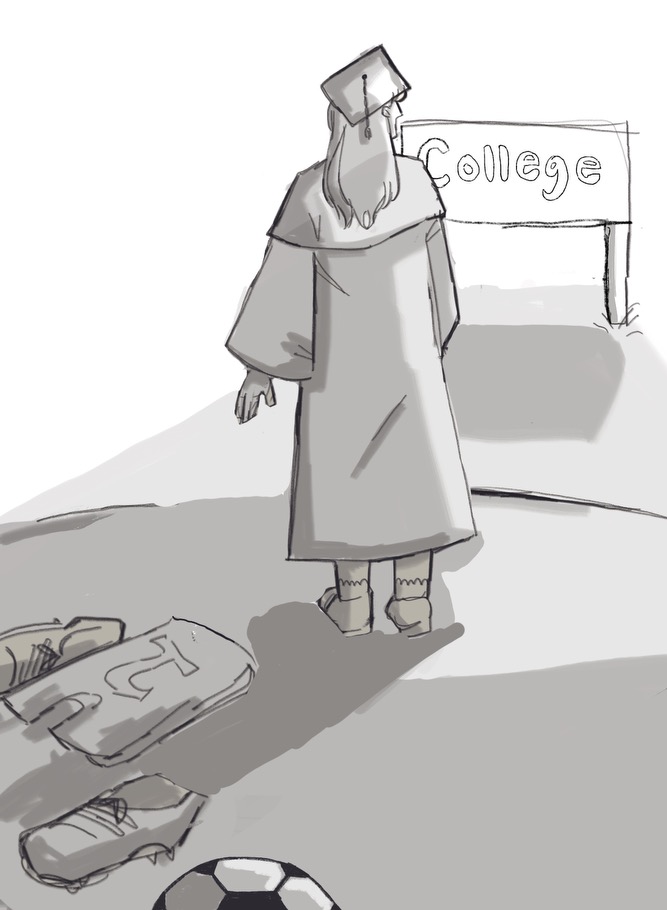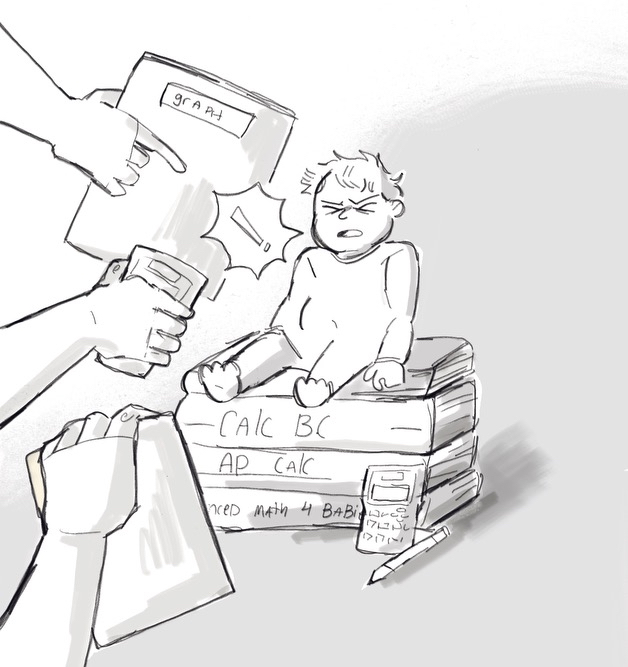Freshmen Partake In The I-Search Tradition
Apr 1, 2023
Each April, clusters of freshmen swarm the library, frantically printing out thick packets of inked paper. These 30+ pages contain carefully-crafted research, thoroughly-written interviews, and meticulous works cited.
After months of work, the I-SEARCH project has finally come to fruition.
The I-SEARCH project was first introduced to PHS in 2007. The project gives freshmen the opportunity to explore and write an in-depth research paper on a topic of their choice.
English teacher Gautam Premnath, who is in his first year at PHS, said that the school’s strong sense of community has truly shone throughout the I-SEARCH process.
Premnath said that many members of the PHS community rally together to help freshmen throughout their four months of research.
“Upperclassmen are really interested in what their freshmen counterparts are doing this year.” Premnath said. “A lot of my sophomores were not [only] willing to share the work that they had done with the freshmen, but [were also] curious and interested in what the freshmen were doing.”
When choosing her research topic, freshman Vivian Burke decided to explore issues in her own community.
“My topic is substance abuse [with the paper] mainly focusing on nicotine addiction,” Burke said. “It’s something that I saw around me a lot, so I wanted to learn more about the addiction process and how it works.”
Junior Arun Brahma said that the ability to choose a relevant topic is one of the reasons he enjoyed the I-SEARCH.
“My topic was the stock market. I enjoyed being able to research something that I had an interest in,” Brahma said.
Although students like Burke and Brahma enjoy the I-SEARCH project, it significantly increases the amount of work freshmen have for English class each week.
“I spend about three hours a week working on it. You have to put in more work for it to be better because it’s a big assignment,” Burke said.
For juniors and seniors, their I-SEARCH experience was affected by the COVID-19 pandemic. Unlike the current freshmen, they conducted their interviews and edited their papers from home.
“It made it easier because I could do it at home,” Brahma said. “Because of the pandemic we didn’t have to do interviews. Teachers were more lenient on all of the requirements and grading.”
Regardless, Brahma said that he still found value in the project.
“It teaches you how to find good sources and do your own research without having a teacher provide links. It [also] teaches you how to write an argumentative essay and be able to fully do it by yourself,” Brahma said.
Premnath said that the project allows students to get hands-on experience with the skills they are learning in English class.
“It helps them to see in practical, but personal terms, what the skills we’re trying to teach them are for. It can seem very abstract or like busy work until it’s really connected to something you’re doing for yourself,” Premnath said.
Burke said that she agrees with Premnath’s sentence that the I-SEARCH introduces students to useful, practical everyday skills.
“It’s been stressful but beneficial. It gives [students] good writing skills and life senses. It’s [helpful] to know about a topic and be informed about something important.”
Premnath also said that the project has allowed students who are not as confident with English and their literacy skills to take initiative in their learning experience.
“Giving them the opportunity to produce work that’s defined by their interests, and to value that work, not just in terms of what an English teacher has to value, has been really eye-opening [for me and the students,” Premnath said.
